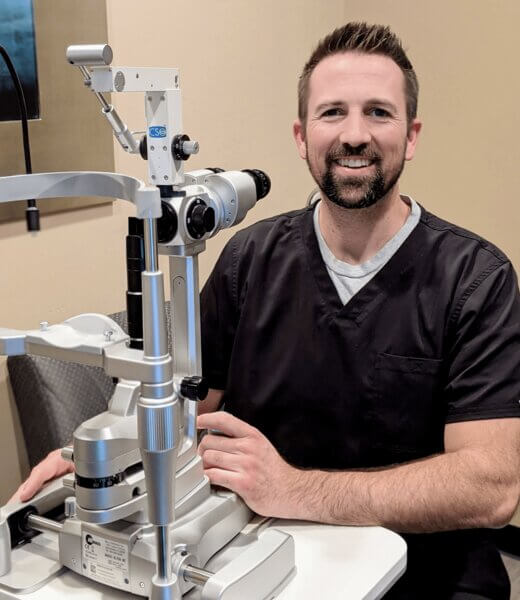Introduction
Our eyes, often referred to as the windows to the soul, play a vital role not only in our visual experience but also in our overall well-being. The link between eye health and our general health is intricate and multifaceted. In this article, we’ll delve into the various aspects of this connection, from the importance of regular eye exams to the impact of genetics and age-related changes on vision.
The Importance of Regular Eye Exams

Regular eye exams are not just about updating your prescription; they are crucial for detecting early signs of various health issues. Your eyes provide valuable insights into your overall health, with conditions such as diabetes and hypertension manifesting in ocular changes. By prioritizing eye exams, you not only preserve your vision but also gain a window into your systemic health.
Nutrition for Healthy Eyes
A balanced diet contributes significantly to maintaining optimal eyesight. Nutrients like omega-3 fatty acids, lutein, and zeaxanthin play pivotal roles in supporting eye health. Including foods rich in these nutrients, such as leafy greens and fish, can go a long way in preserving your vision.
Digital Eye Strain in the Modern World
In our digital age, prolonged screen time has become inevitable. However, it comes at a cost—digital eye strain. To alleviate this, follow the 20-20-20 rule: take a 20-second break every 20 minutes and look at something 20 feet away. Simple adjustments like this can make a significant difference in reducing eye strain.
Sleep and Its Impact on Eye Health
Quality sleep is a cornerstone of overall well-being, and its influence extends to eye health. Lack of sleep can lead to dry eyes and blurred vision. Ensure you prioritize adequate and restful sleep for the benefit of both your eyes and your general health.
Protecting Your Eyes from Environmental Factors
Environmental factors, such as pollution and UV rays, can take a toll on your eyes. Wearing sunglasses with UV protection and staying mindful of air quality can help safeguard your eyes from potential harm.
Physical Activity and Eye Health
Exercise isn’t just for the body; it’s also beneficial for your eyes. Engaging in regular physical activity improves blood circulation, which is crucial for maintaining optimal eye function. Additionally, specific eye exercises can contribute to better vision.
Mindfulness and Eye Health
Stress and eye health are closely connected. Incorporating mindfulness practices into your daily routine can help manage stress levels, benefiting not only your mental well-being but also your eyes.
Common Eye Conditions and Their Impact
Conditions like glaucoma, cataracts, and macular degeneration can impact both vision and overall health. Understanding these conditions and seeking early intervention is essential for maintaining well-being.
The Role of Genetics in Eye Health
Genetics can influence your susceptibility to certain eye conditions. Knowing your family history allows you to take proactive steps in preserving your vision, such as more frequent eye exams or lifestyle adjustments.
Age-Related Changes in Vision
As we age, our vision undergoes natural changes. Being aware of these changes and adopting strategies to address them, such as proper lighting and regular eye check-ups, is crucial for maintaining eye health.
The Psychological Aspect of Eye Health
Visual impairment can have a profound psychological impact. Recognizing the emotional aspects of eye health is essential for overall well-being. Seeking support and cultivating a positive mindset can contribute to a healthier outlook on life.
Incorporating Eye Health into Daily Life
Making eye-friendly habits a part of your daily routine is key to long-term well-being. From proper lighting when reading to taking breaks during screen time, small adjustments can have a big impact on your eye health.
Community and Support for Those with Visual Impairments
For those with visual impairments, community support is invaluable. Connecting with organizations and resources that provide assistance can enhance the quality of life and foster a sense of belonging.
Conclusion
In conclusion, the link between eye health and overall well-being is undeniable. By prioritizing regular eye exams, adopting a healthy lifestyle, and being mindful of environmental factors, you can contribute to both the longevity of your vision and your overall health. Remember, taking care of your eyes is an investment in your well-being.
FAQs
1. How often should I have an eye exam?
• It’s recommended to have a comprehensive eye exam at least once every two years, or more frequently if advised by your eye care professional.
2. Can a healthy diet really improve my eyesight?
• Yes, certain nutrients like omega-3 fatty acids and antioxidants contribute to eye health. Including them in your diet can support optimal vision.
3. What are some signs of digital eye strain?
• Symptoms include dry eyes, headaches, blurred vision, and neck or shoulder pain. Taking regular breaks and adjusting screen settings can help alleviate these symptoms.
connection between stress and eye health?
• Stress can contribute to eye issues such as dry eyes, eye twitching, and vision disturbances. Practicing stress management techniques, like mindfulness and relaxation exercises, can positively impact both mental well-being and eye health.
5. How can I protect my eyes from UV rays?
• Wear sunglasses that block 100% of UVA and UVB rays. Additionally, choose wide-brimmed hats for added protection, especially during peak sun hours.
Tatum Eyecare is North Phoenix’s premier family eye care center. We’ve spared no expense to create the most pleasant, comfortable patient experience… including the finest furnishings, the best selection of prescription eyeglass frames, the most cutting-edge technology, and the most outstanding team of industry professionals. Come see why the choice for family eye care in the Valley has never been clearer.



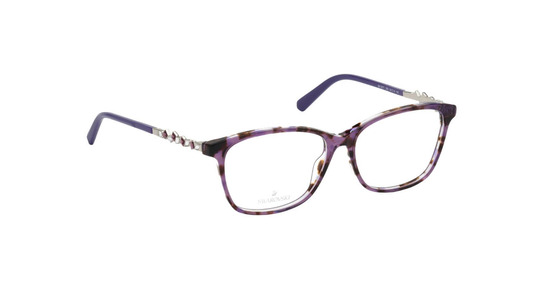
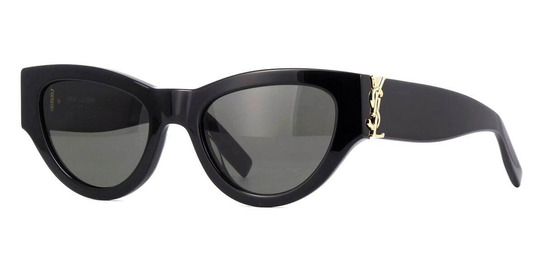
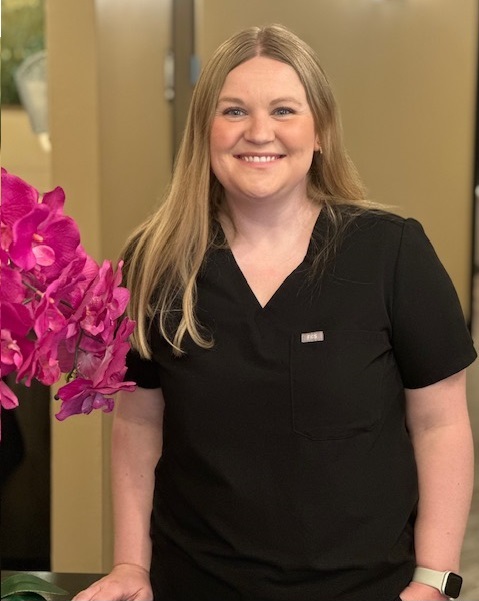
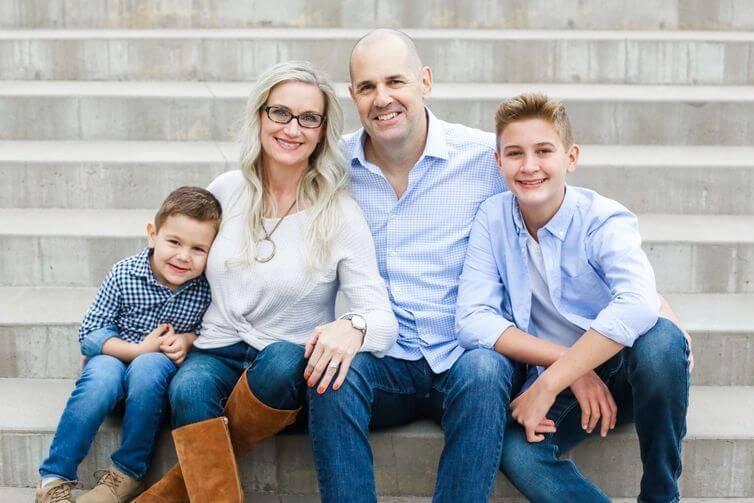

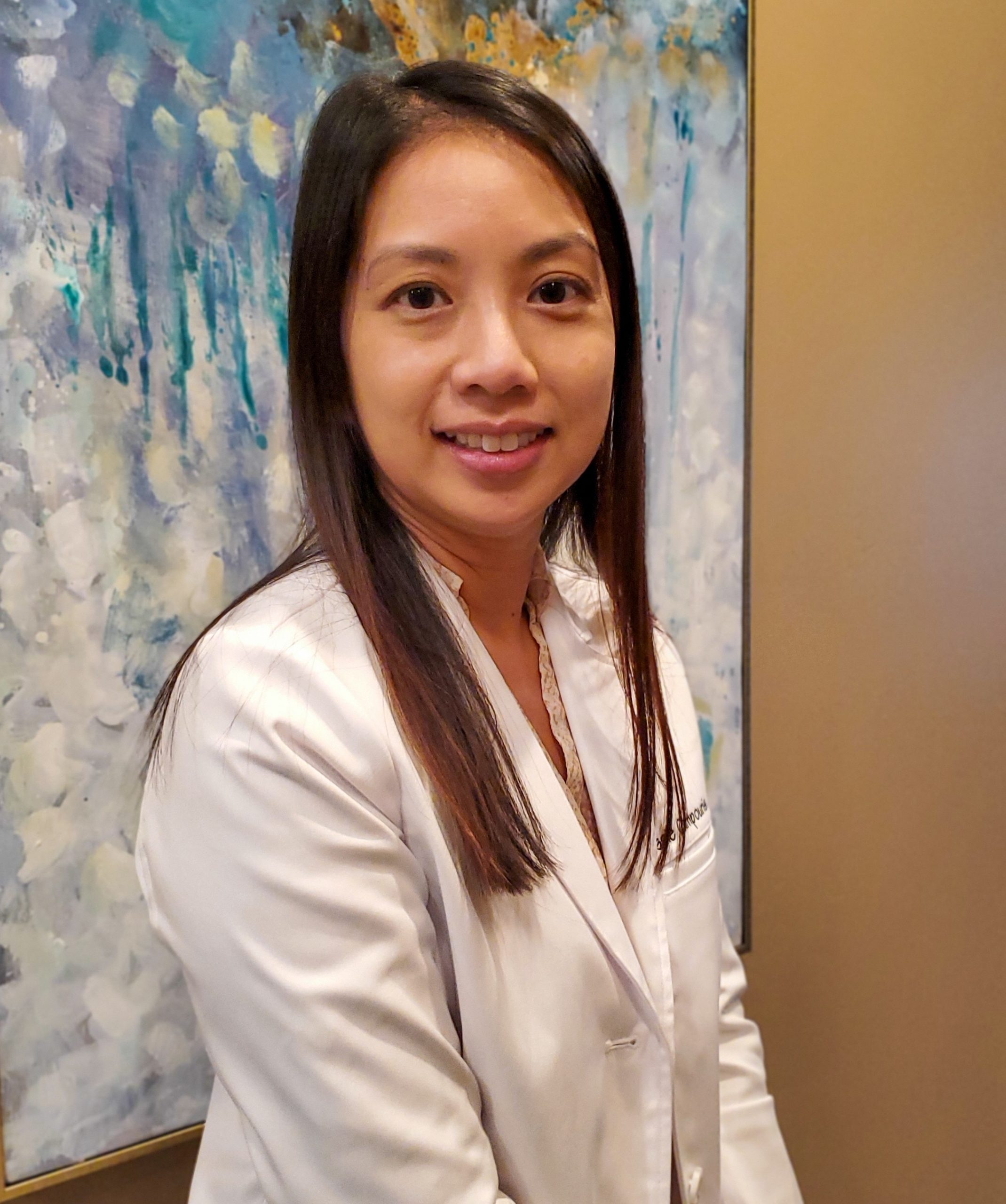
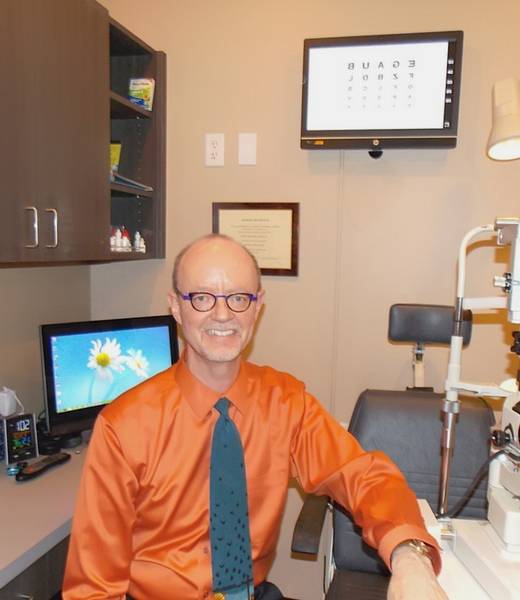
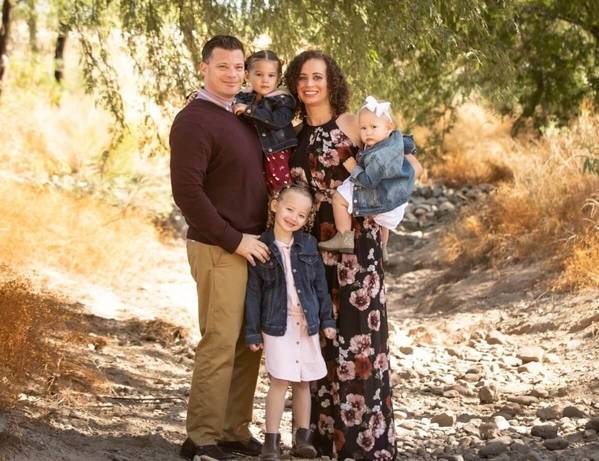
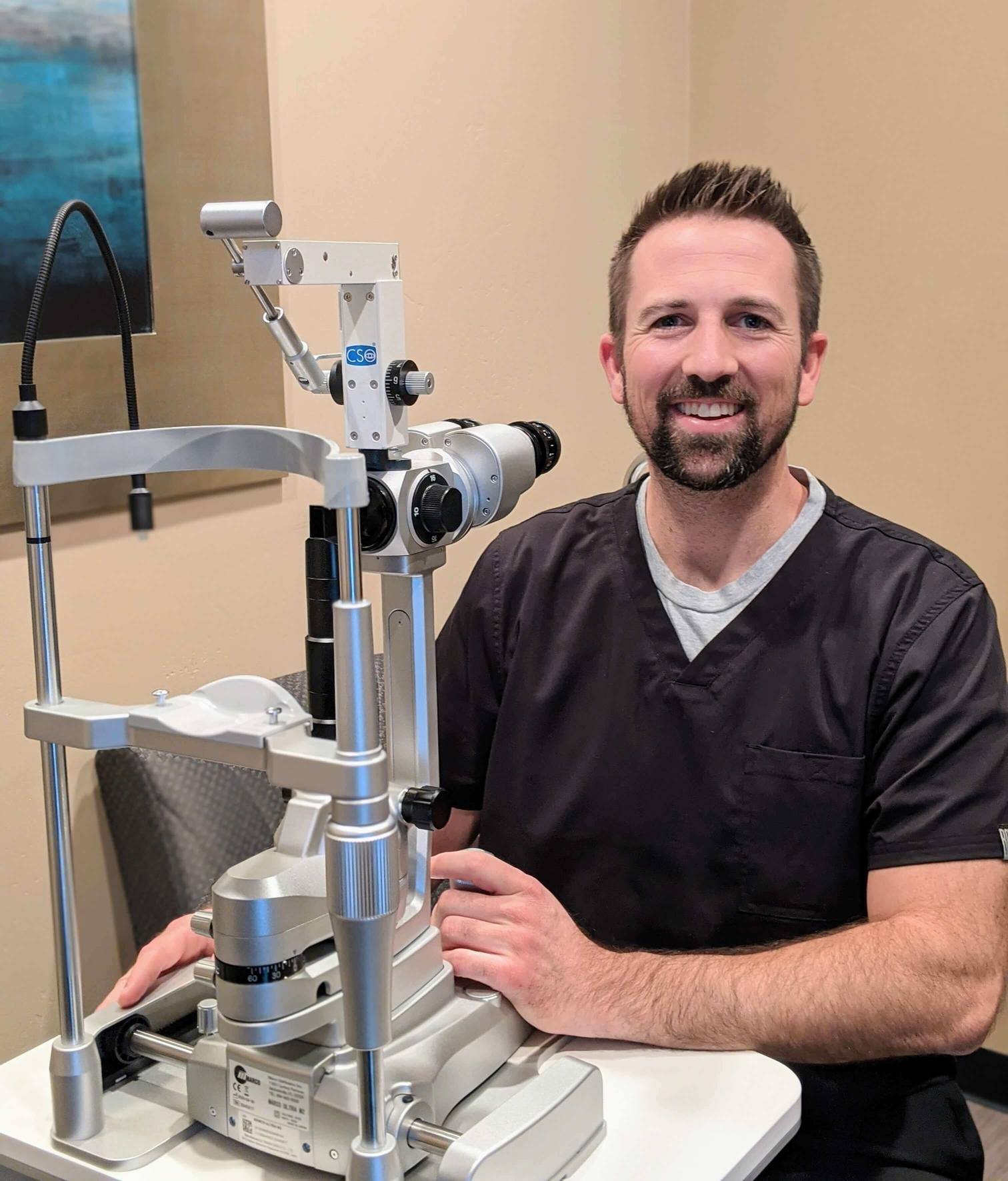
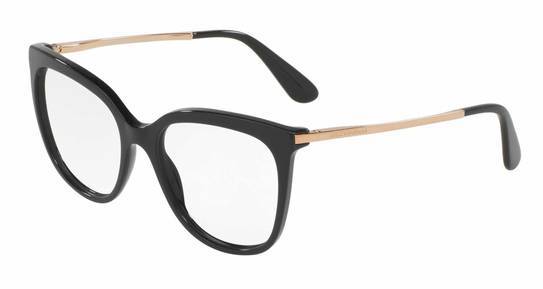






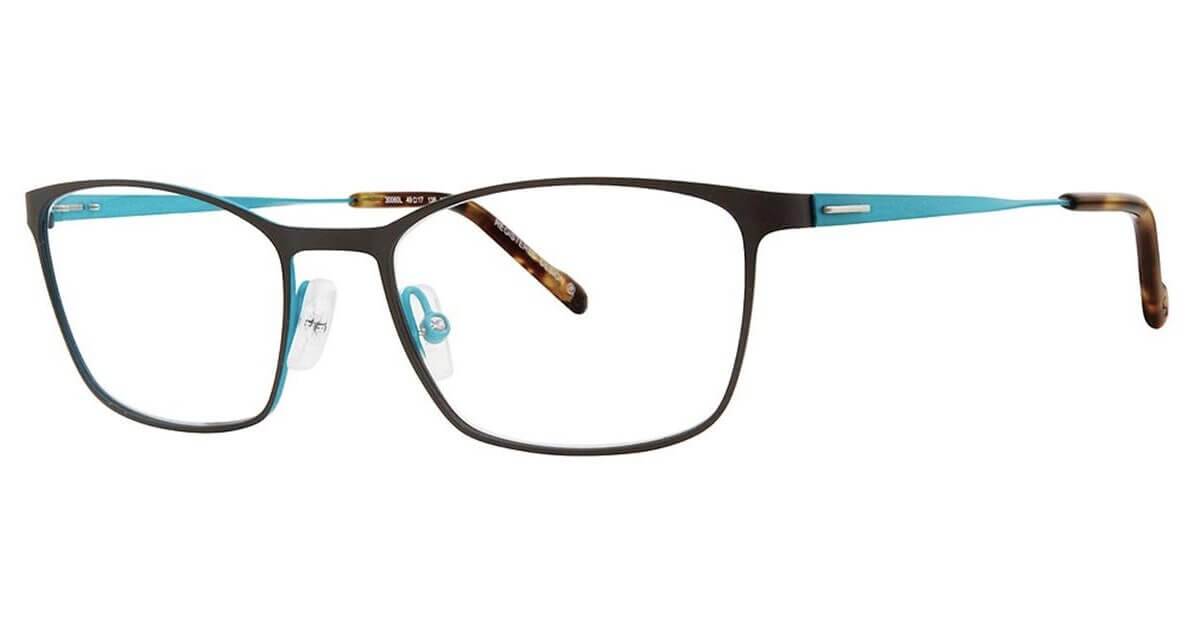

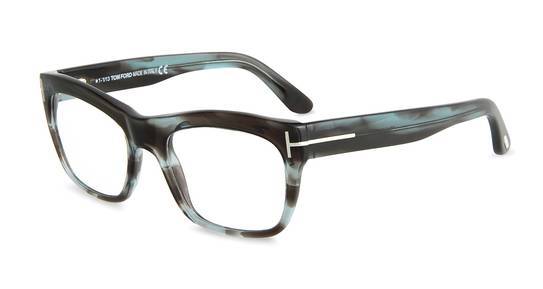
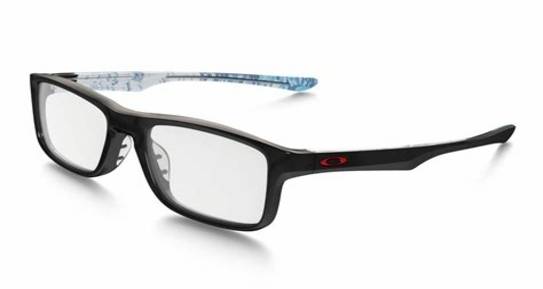
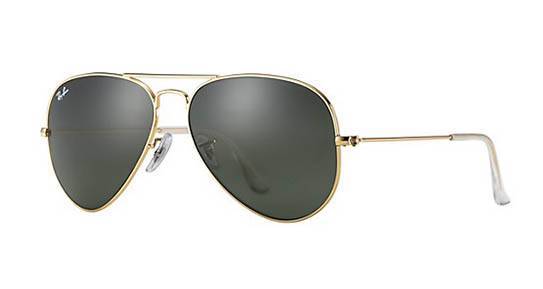
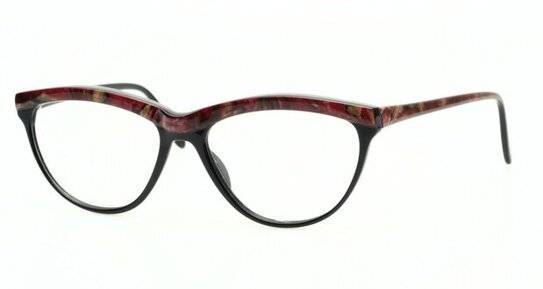
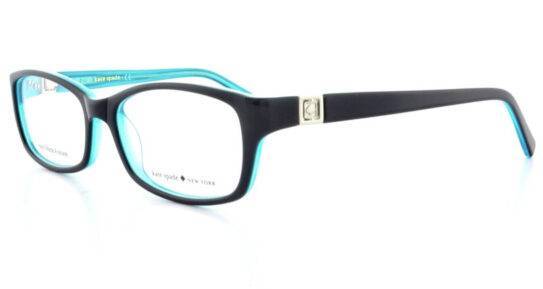
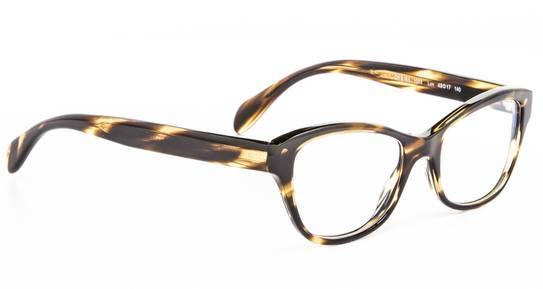

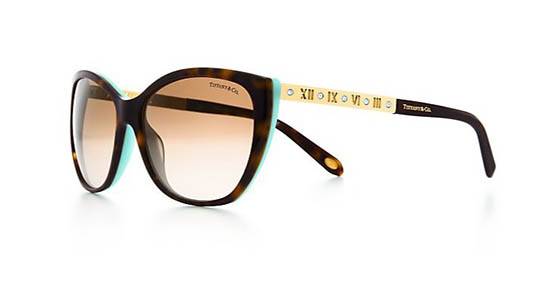
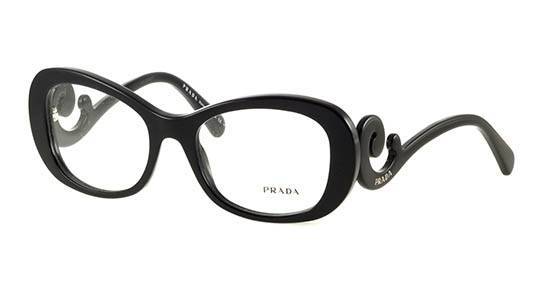
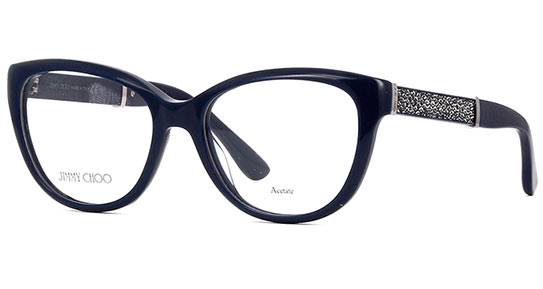
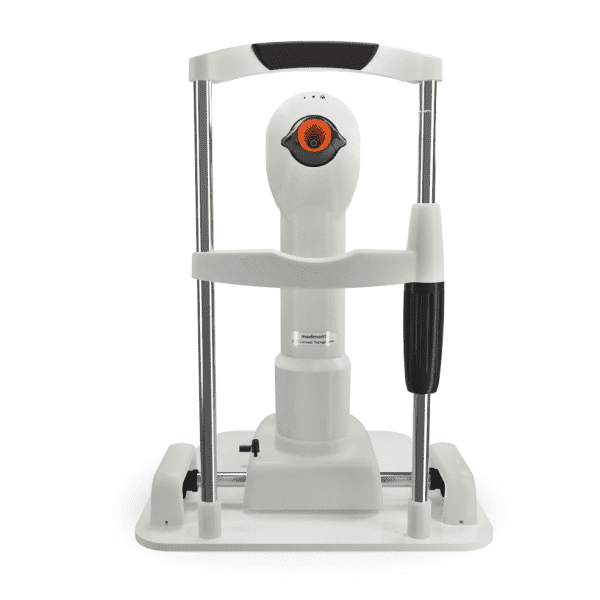
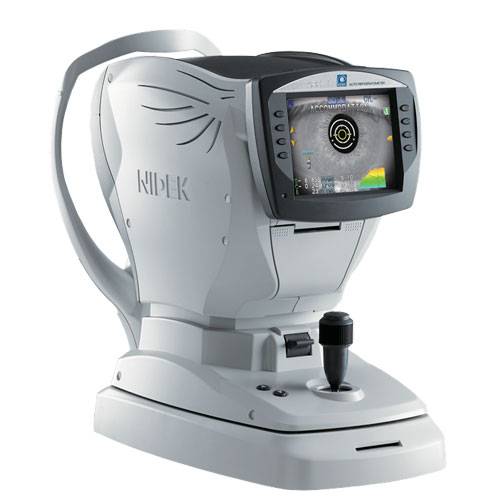
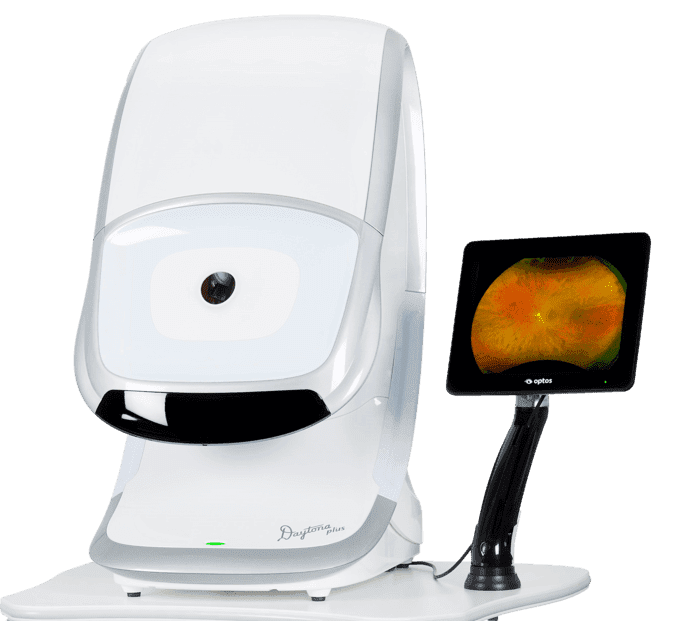
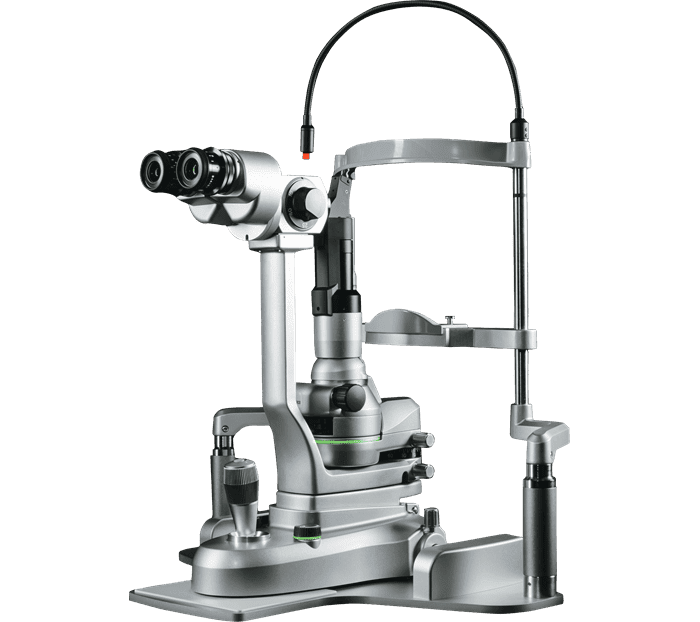
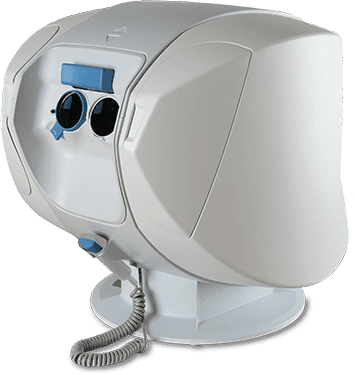
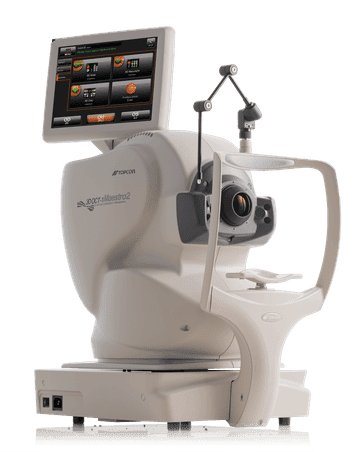
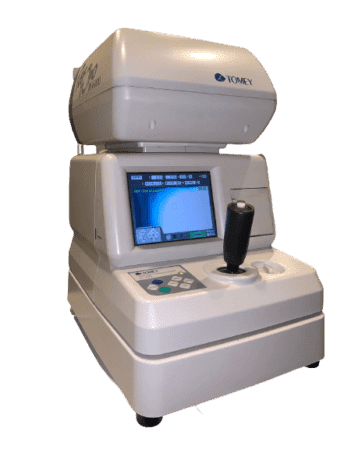
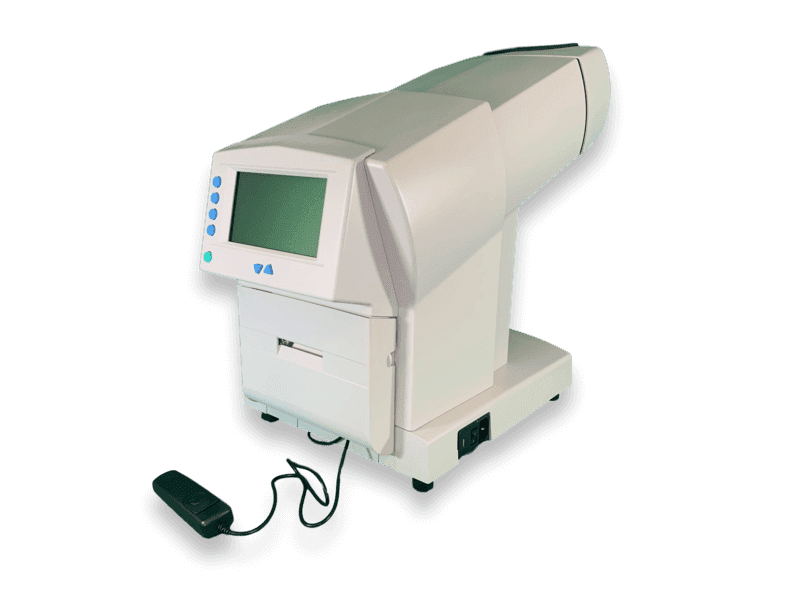
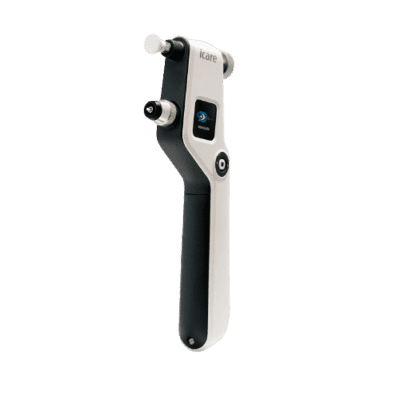
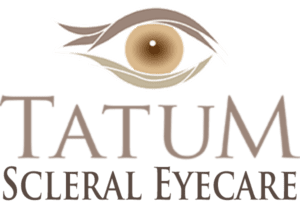
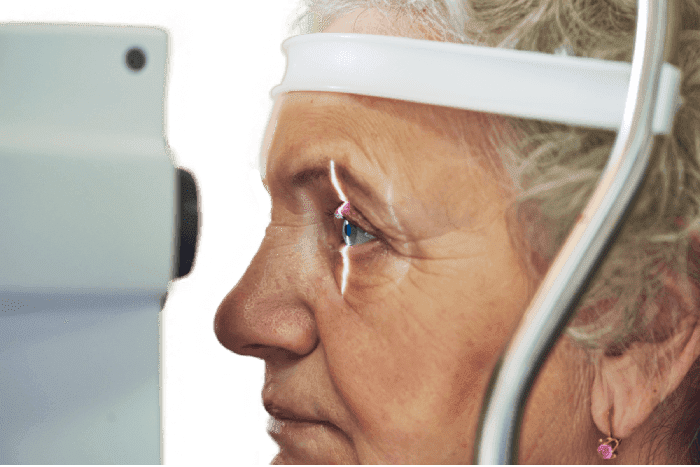
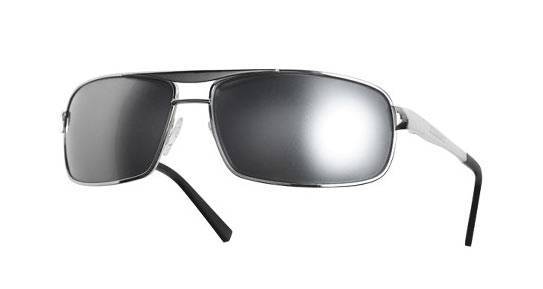 Dillon Optics, the performance eyewear arm of Dillon Precision, have a unique non-reflective, matte lens appearance incorporated with NIR lens technology. This produces noticeably sharper clarity, and protects the lens from damage and harmful environmental conditions. Perfect for outdoor sports and activities where precision vision is required. Tatum Eyecare carries a wide variety of Dillon Optics eyewear.
Dillon Optics, the performance eyewear arm of Dillon Precision, have a unique non-reflective, matte lens appearance incorporated with NIR lens technology. This produces noticeably sharper clarity, and protects the lens from damage and harmful environmental conditions. Perfect for outdoor sports and activities where precision vision is required. Tatum Eyecare carries a wide variety of Dillon Optics eyewear.




